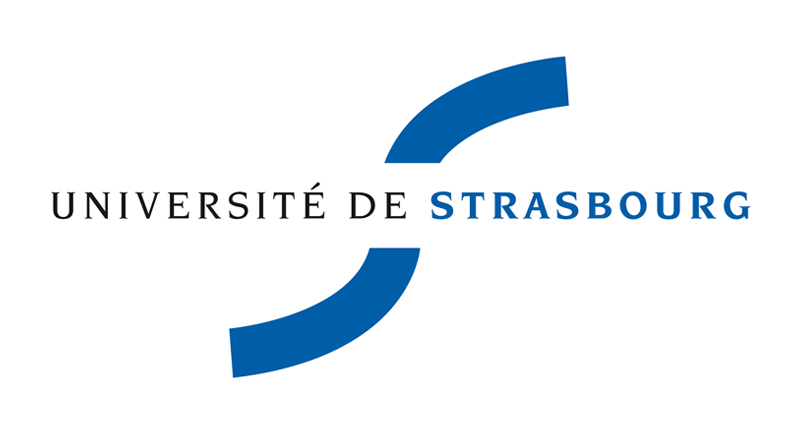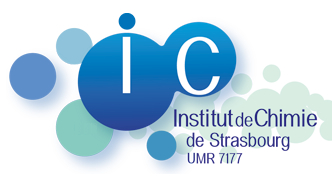
Membrane Biophysics and NMR
Overview
Our laboratory has for many years worked on the biophysical investigation of peptides and proteins within biomolecular assemblies with special focus on membrane polypeptides and proteins. One of the main and rather unique expertises of the team is the development and application of solid-state NMR techniques to investigate the conformation and interactions of polypeptides within biomolecular complexes such as membranes or nucleic acid transfection complexes. For example, the laboratory has been the first in Europe to establish the use of uniaxially aligned membrane systems for the study of the structure, topology and the dynamics of membrane-associated polypeptides, and as early as 2010, we and our academic and industrial collaborators could show proof-of-principle that such systems are suitable for Dynamic Nuclear Polarization solid-state NMR with quite remarkable signal enhancements, shortening acquisition times by 4 orders of magnitude relative to room temperature spectra without DNP.
The systems under investigation range from peptides to proteins of almost 30 kDa in size. The laboratory has exploited and developed NMR approaches not only to determine the structures of proteins in bilayers and micelles but also to study their dynamics and aggregation. Several peptides and proteins have been prepared and labelled with stable isotopes in the laboratory either by solid-phase peptide synthesis or by a combination of molecular genetics, bacterial over-expression and biochemistry.
Currently the laboratory is responsible for four solid-state NMR spectrometers (750 WB installed in 2012, 500 WB, 500 NB, 300 WB). All spectrometers are equipped with a large number of double and triple MAS probes as well as flat-coil probes which were initially developed by the PI for oriented membrane systems and which in the mean time are commercially available. In view of the new dimensions of experiments that could become accessible by DNP/solid-state NMR a corresponding flat-coil NMR probe head has been developed in collaboration with our industrial partner. For multidimensional solution state NMR spectroscopy the team has also access to the equipment of the 'service de chimie' on campus including a modern 600 NB instrument. Whenever necessary higher field instruments are accessible upon demand, for example locally or at one of the national (TGIR RMN of the CNRS) or European resources (some being only 2h away). Additional instrumentation accessible on campus and used regularly by laboratory members include MALDI and ESI mass spectrometry, various types of optical spectroscopies, isothermal titration calorimetry and light scattering techniques.


